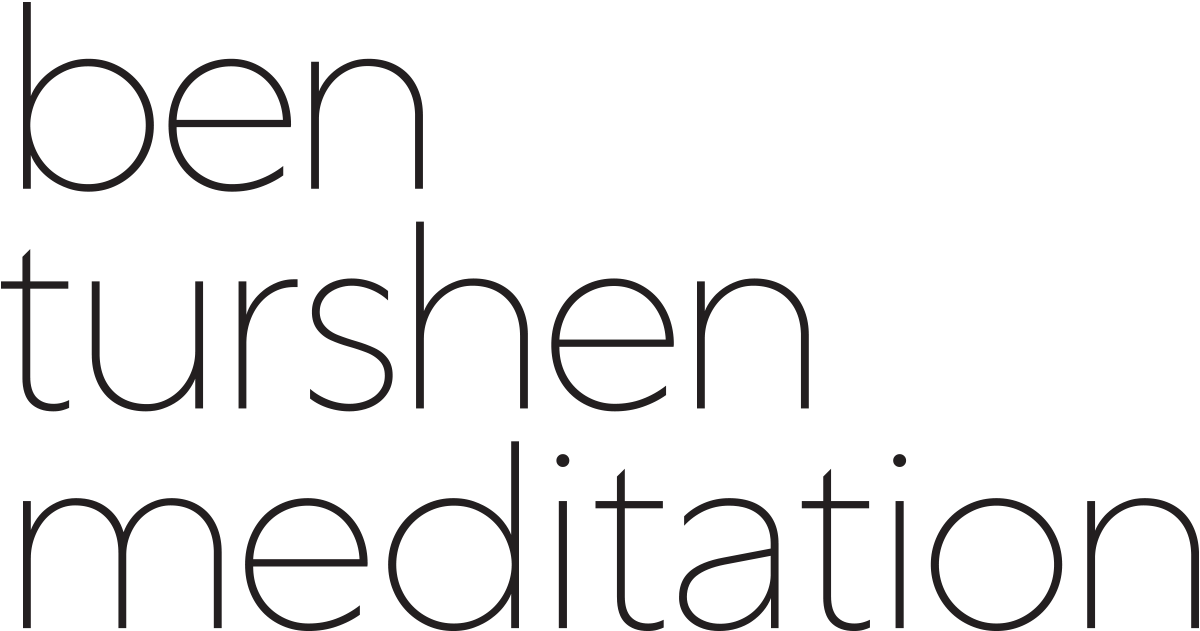By Ben Turshen.
The act of practicing Vedic Meditation is not very sexy at all. Even if you're very good looking to begin with, to the outside observer, it looks like you're just sitting there comfortably with your eyes closed for 20 minutes. It would be quite a boring thing to watch for that long no matter how aesthetically pleasing you are to the eye.
But the effects of this meditation practice will make you better company--whether you're single or in a committed relationship. Why? Think about what kinds of people you like being around. If you're walking around stressed out, nervous and anxious, constantly worrying, depressed and miserable, exhausted because you don't sleep well, impatient, losing your temper, getting sick often, and complaining about it all then who wants to spend time with you voluntarily.
Vedic Meditation allows you to feel, perform and relate at your very best. Calm and relaxed, rested and energized, attentive and present, kind and generous, patient and healthy. When you practice this meditation technique you become a better partner. That's pretty sexy.
